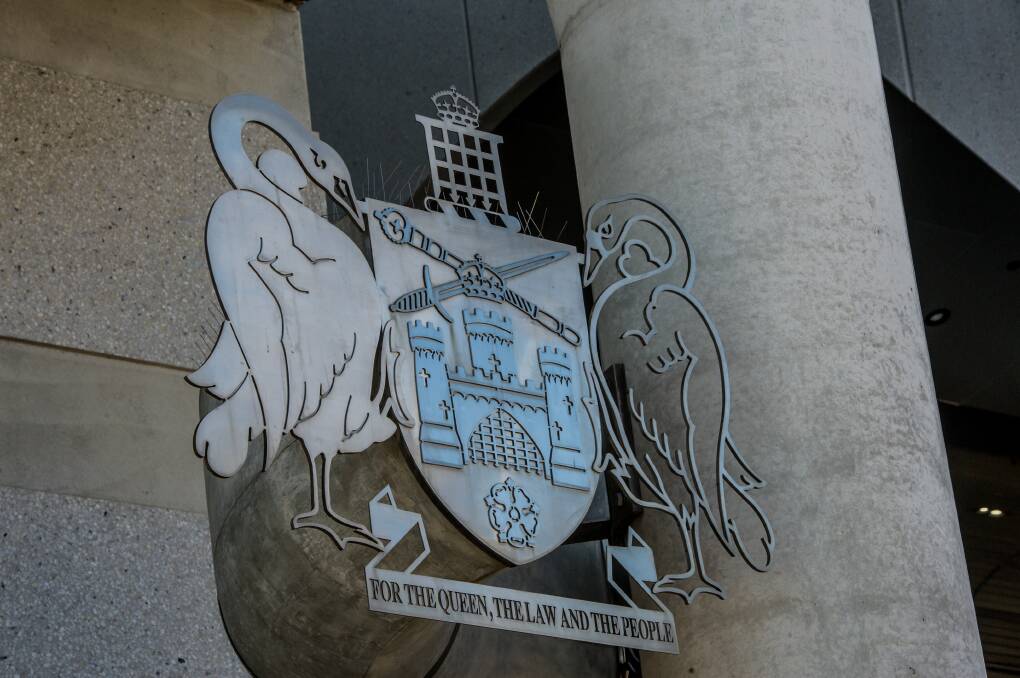Lawyers for the ex-spy Witness K say he agreed to plead guilty to a conspiracy charge on grounds prosecutors wouldn't press for him to be jailed.
Subscribe now for unlimited access.
or signup to continue reading
Barrister Robert Richter QC represented Witness K via audio-visual link in the ACT Magistrates Courts on Monday.
The ex-spy has indicated he will admit to conspiring to breach s39 of the Intelligence Services Act, which makes punishable the revealing of information of any kind about the Australian Secret Intelligence Service.
But Mr Richter said Witness K did so in the context of an agreement with the Commonwealth Director of Public Prosecutions.
He said the director herself indicated prosecutors would not press for the ex-spy to receive a custodial sentence, but what was contained in a "harm statement" seemed to suggest that might not be the case.
A harm statement outlines harm alleged to have been done by an offence.
"[Parts of the harm statement] seem to traverse the kind of approach that we have agreed on with the DPP," Mr Richter said.
The conspiracy charge concerns the exposure of an Australian spying operation, in which East Timor's cabinet rooms were allegedly bugged as the island nation negotiated with Australia over oil and gas reserves.
Canberra lawyer Bernard Collaery, a former ACT attorney-general, has also been charged over the spying operation's exposure and is set to stand trial.
On Monday, Mr Richter said it was unclear why the harm statement had been deemed "national security information", which could not be shared with the public.
He said it was "not enough for them to just stamp a document, saying it's confidential", but the Commonwealth Attorney-General's counsel Tim Begbie said the national security information in the document had been clearly identified.
Mr Begbie said the Attorney-General's counsel had sent Witness K's lawyers a copy of the harm statement in May this year, which was redacted to indicate what should remain confidential.
"We're not simply stamping something - that has never been the case," Mr Begbie said.
"What is [deemed national security information] simply reflects the approach which is agreed."
READ MORE:
Magistrate Glenn Theakston said it was clear the parties disagreed about what should and should not be kept confidential in the harm statement, so they needed to have "a frank conservation" about that.
The magistrate said once that was done, he could go about setting a timetable for Witness K's proceedings.
He listed the matter to come back to court next on December 16, and said he would ask that June 3 and 4 next year be set aside for a hearing.
Mr Richter said he and Witness K's other lawyers were still yet to seek updated instructions from the ex-spy given coronavirus travel restrictions.
He said they did not want to talk to Witness K over the phone, for fear the Attorney-General or ASIS might listen in.



